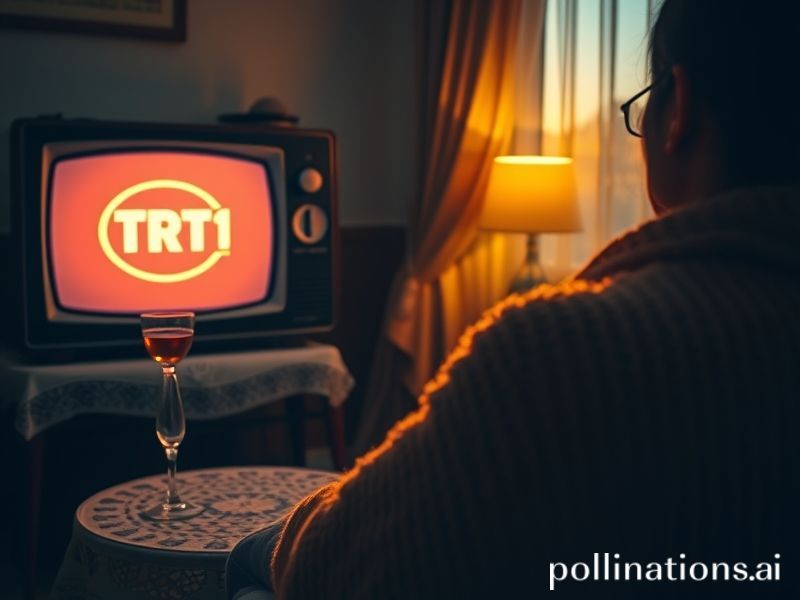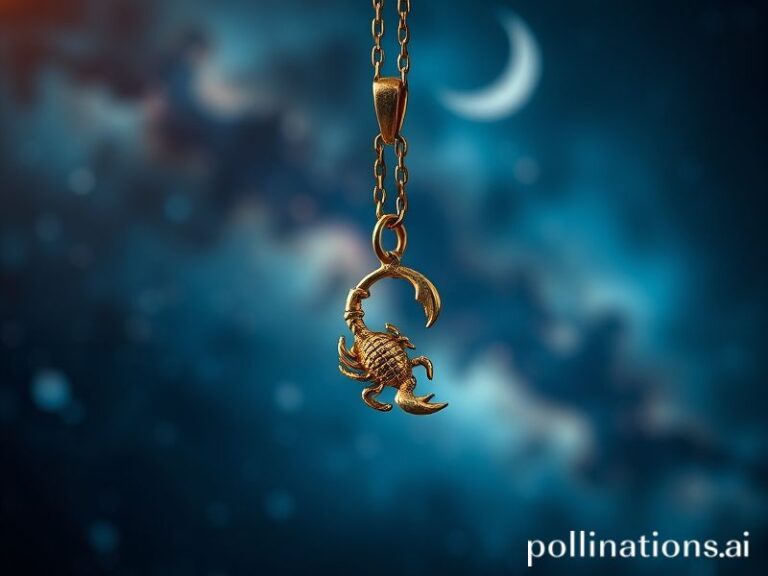How TRT1 Izle Became the Whole Planet’s 3 a.m. Therapy Session
When TRT1 Izle Becomes the Global Village’s Guilty Pleasure
A dispatch from the front lines of couch-bound internationalism
By the time the muezzin’s fifth reminder drifts over Istanbul, the rest of Earth’s insomniacs have already hijacked TRT1’s live stream. In São Paulo it’s 3 a.m., prime hour for Brazilian crypto traders to unwind with a sudsy Ottoman period drama whose budget rivals their last rug-pull. A Melbourne bartender cueing up the nightly news bulletin in Turkish—because “the captions are soothing”—joins 1.4 million concurrent viewers, a Nielsen stat that quietly terrifies network executives from Atlanta to Johannesburg. Somewhere in a Warsaw co-working loft, a Ukrainian UX designer toggles between TRT1 and CNN, deciding which apocalypse deserves the bigger screen. The takeaway? TRT1 izle—literally “watch TRT1,” but spiritually “seek refuge”—has become the Esperanto of exhausted cosmopolitan doom-scrollers.
It was never meant to be this way. TRT1 was conceived in 1968 as the stately voice of the Turkish republic, a single-channel lullaby for citizens who owned exactly one television and even fewer opinions. Yet six decades and a fiber-optic revolution later, the brand is less public broadcaster and more accidental Airbnb for the world’s displaced attention spans. The pandemic shoved it over the edge: when Netflix throttled bandwidth to keep Europe from melting its routers, TRT1’s uncluttered 480p feed suddenly looked like the Mona Lisa of low-res. A global audience that had spent years fetishizing Scandinavian noir discovered that Turkish dizis—equal parts Versailles cosplay and telenovela adrenaline—were the perfect antidote to tiger-king fatigue. Thus began the Great Cultural Swap Meet: Turkey exported longing stares over the Bosphorus, and imported everyone else’s insomnia.
The geopolitical ramifications are as absurd as they are profitable. Advertising slots once flogging Ankara car dealerships now court Indonesian matcha startups. Macedonian teenagers run Discord servers dedicated to translating TRT1’s cooking segments into K-pop stan language. Meanwhile, EU regulators debate whether to classify the channel as a “soft-power Trojan horse” or simply another algorithmic sugar daddy. Their internal memos read like rejected Borges plots: “If 12 percent of French viewers under 25 now believe rakı is a Mediterranean kombucha, do we subsidize counter-programming or nationalize pastis?”
Of course, every empire eventually demands tribute. TRT1’s servers, already sweating under the weight of diaspora nostalgia, now buckle under Brazilian bot farms inflating ratings for a cleric-turned-rapper talent show. The resulting lag has sparked a black market of faster mirrors hosted in Moldovan garages, which in turn has become the preferred laundering route for crypto-miners posing as streaming providers. Somewhere in the blockchain, a bored ape NFT is quietly financing subtitles for an Ottoman slapstick reboot. Late-stage capitalism never met a cultural artifact it couldn’t collateralize.
What’s remarkable isn’t that state television went global; it’s that nobody—not Netflix’s boardroom, not the EU’s cultural attachés, not even the Turkish Radio and Television Corporation itself—actually planned it. The audience simply pirated its own longing and beamed it back at the source. If that sounds romantic, remember the business model: eyeballs sold to advertisers who sell anxiety back to the eyeballs. The circle of digital life is less Lion King and more ouroboros on Adderall.
And yet, at 3:07 a.m. in a Reykjavik hostel, a Canadian backpacker wipes ketchup off his phone and realizes the villain in tonight’s episode is wearing the same knockoff Rolex peddled in the sidebar ad. A glitch in the matrix? No, just the new world order: one where borders are drawn by bandwidth and every culture gets fifteen megabits of fame. TRT1 izle isn’t soft power; it’s power nap—a collective hallucination we stream to convince ourselves the planet still has shared narratives, even if the plot twist is that we’re all extras in the same sponsored content.
So tune in, drop out, and remember: when the credits roll, the algorithm already knows whose heartbreak you’ll binge next. Until then, may your buffering be brief and your existential dread bilingual.







